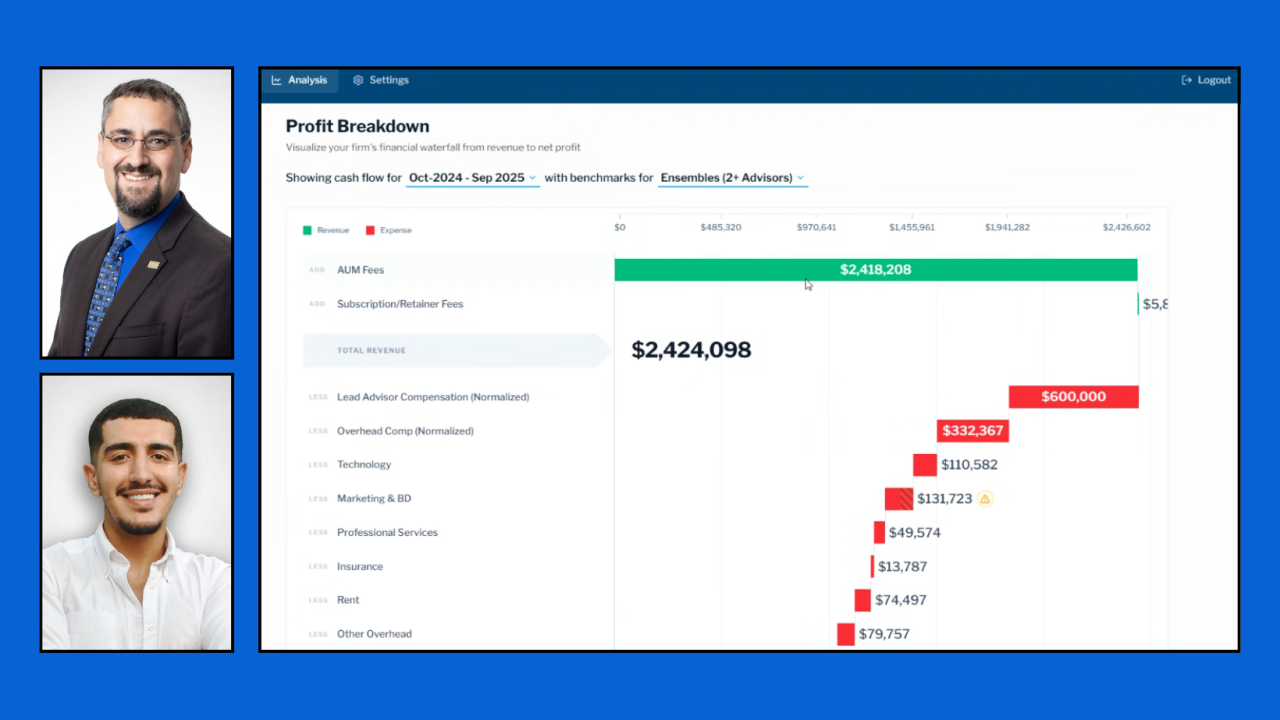As financial advisors and other wealth management professionals brace for a new presidential administration next year, the Department of Labor's retirement advice rule is stymied in court.
Labor is appealing a stay in the regulation's implementation under industry lawsuits challenging the "retirement security rule," but the venue looks anything but receptive in an appeals court that overturned the last Democratic administration's attempt to expand the fiduciary duty to more 401(k) rollovers and certain annuity sales. Regardless of how that case turns out, advocates for tougher consumer protections in advice to retirement savers could pursue their own lawsuits testing the existing standards over so-called prohibited transaction exemptions, according to Chris Tobe, a
READ MORE:
The
He spoke after writing a piece
"If you had to just describe how to create a prohibited transaction, you would create an annuity," Tobe said. "This is the big thing the annuity industry fears. … It's a big part of the business model. It's all based on this very flimsy exemption."
One of the trade groups that filed a lawsuit seeking to overturn the new Labor regulation had expressly cited shifts in the
"The DOL's assault on insurance agents selling annuities does not stop at unlawfully turning them into fiduciaries; instead, the DOL also tries to subject insurance agents and indeed the entire insurance industry to an onerous new regime that promises to upend longstanding business practices already subject to comprehensive state insurance regulation," a trade group for independent agents, the Federation of Americans for Consumer Choice, said in its filing
READ MORE:
However, the advocates for the rule view the new regulations as necessary in light of industry practices that they say are
The report by Warren, a Democrat from Massachusetts and longtime insurance industry critic, added to that literature last month. A survey by Warren's office of the 15 largest annuity firms uncovered "secretive incentives and rewards" for sales such as vacations and cash bonuses, the use of third-party marketing organizations "to dodge responsibility for these unethical practices," the insufficiency of Securities and Exchange Commission and National Association of Insurance Commissioner rules at reining them in and "dense, inadequate disclosures of conflicts of interest." In exchange for healthy sales of annuities or other insurance, advisors and agents could receive, for example, trips to Cancun, Venice or Australia or bonuses ranging from several thousands or even tens of thousands of dollars or a substantial percentage of their business.
"Americans who work hard and save for retirement should be able to go to a financial advisor and rely on them to give the best advice — but right now, that is not always the case. That is because too many annuity and insurance companies offer back-door rewards and incentives to brokers, dealers and agents in exchange for promoting certain financial plans and annuity products," the report said. "The majority of investment professionals who honestly advise their clients are also harmed by these practices, having to compete with advisors not subject to fiduciary standards. The Retirement Security Rule would finally close the loopholes and put an end to these abuses."
Representatives for two industry trade groups, the Insured Retirement Institute and the National Association for Fixed Annuities, declined to comment on the findings, with the latter organization citing the ongoing litigation about the rule. Those for a third, the National Association of Insurance & Financial Advisors, didn't respond to an email requesting comment. Opponents of the rule often refer to the finding by a conservative research and advocacy group, the Hispanic Leadership Fund, that reinstating the provisions of the previous Labor fiduciary advice rule — which the
"The Department of Labor's fiduciary rule, better labeled as the 'retirement insecurity rule,' represents a reckless overreach by the Biden administration that will have devastating impacts on Americans' retirement savings," House Education and Workforce Committee Chair and North Carolina Republican Rep. Virginia Foxx
READ MORE:
On the other hand, those backing the rule say that it will result in less potential harm to consumers from their choices on rollovers and annuities. The rule represents "a step in the right direction," Tobe said. He believes that putting all retirement sales under the purview of a completely different regulator, the Consumer Financial Protection Bureau, would be "a great win for consumers in this country," he said. He conceded that opponents of the rule would probably dislike that idea even more than Labor's regulation.
Regardless, conflicted sales of annuities "don't hold up under any scrutiny" through the Employee Retirement Income Security Act and its prohibited transaction exemptions, and "enough judges will see it that way" to the point that "it'll become an issue" through lawsuits on the enforcement of the existing standards, Tobe said.
Even if the election leads to a second Trump administration that will be unlikely to defend the rule in court and subsequent decisions vacate the new regulation entirely, the advocates for expanding the fiduciary duty could still pursue their own case.
"This doesn't make it go away. It just makes it a little less obvious. Annuities are still horrible products with the same risk," Tobe said. "The harm and damage is still going to consumers every day."





